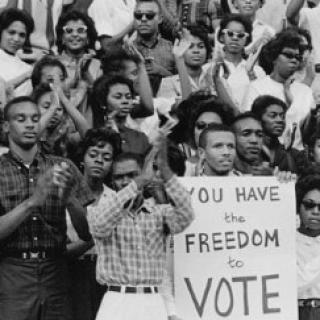Advertisement
On August 6, 1945, the United States denotated an atomic bomb over Hiroshima, Japan. This was followed by the bombing of Nagasaki on August 9. These bombings resulted in the death and maiming of hundreds of thousands of people, and their effects are still being felt today.
By the end of 1945, the bombing had killed an estimated 140,000 people in Hiroshima, and a further 74,000 in Nagasaki. In the years that followed, many of the survivors would face leukemia, cancer, or other terrible side effects from the radiation.
You can watch the video, If You Love this Planet, with Dr. Helen Caldicott and an interview with Dr. Caldicott on her website.
The International Campaign to Abolish Nuclear Weapons (ICAN) is a coalition of non-governmental organizations in one hundred countries promoting adherence to and implementation of the United Nations Treaty on the Prohibition of Nuclear Weapons.
Visit the ICAN website to learn about the The U.N. Treaty on the Prohibition of Nuclear Weapons and what we can do to abolish nuclear weapons.



